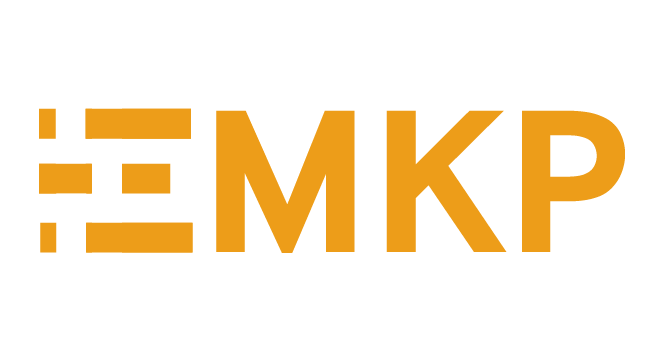The overall goal of the project is to document the indigenous material knowledge systems of tripod stool making. The main focus of the project will be to document the production, carving, harvesting, processing, use, storage and disposal of the stool carving knowledge system in Jimma Zone, southwest Ethiopia. The project will examine the forms, sizes, motifs and shapes, functions, and associated symbols of the tripod stool.
The improvement of public awareness of Oromo’s handicraft traditions in the area is another issue the project addresses. This project also focuses on cataloguing of parts of the collections available at Jimma Museum. The project works towards promoting the profiles of the tripod stool crafters whose knowledge and skills are not widely appreciated.
This project will employ ethnographic methodology to gather relevant data from the local tripod stool carvers. The field methods we will use include formal, informal and key informant interviews, FGDs, case study and observations of the chaines operatoires of the processes indicated above.
PI:
Jira Mekonnen Choroke
Collaborators:
Bikila Ashenafi
Melkamu Dumessa
Zerihun Kebebew
Location of Research:
Kersa, Seka, and Sokuru districts, Jimma Zone, Ethiopia
Host Institution:
Jimma University
Top Banner Image: A village of wood workers, Jimma, Ethiopia (Photo: Jira Choroke)
